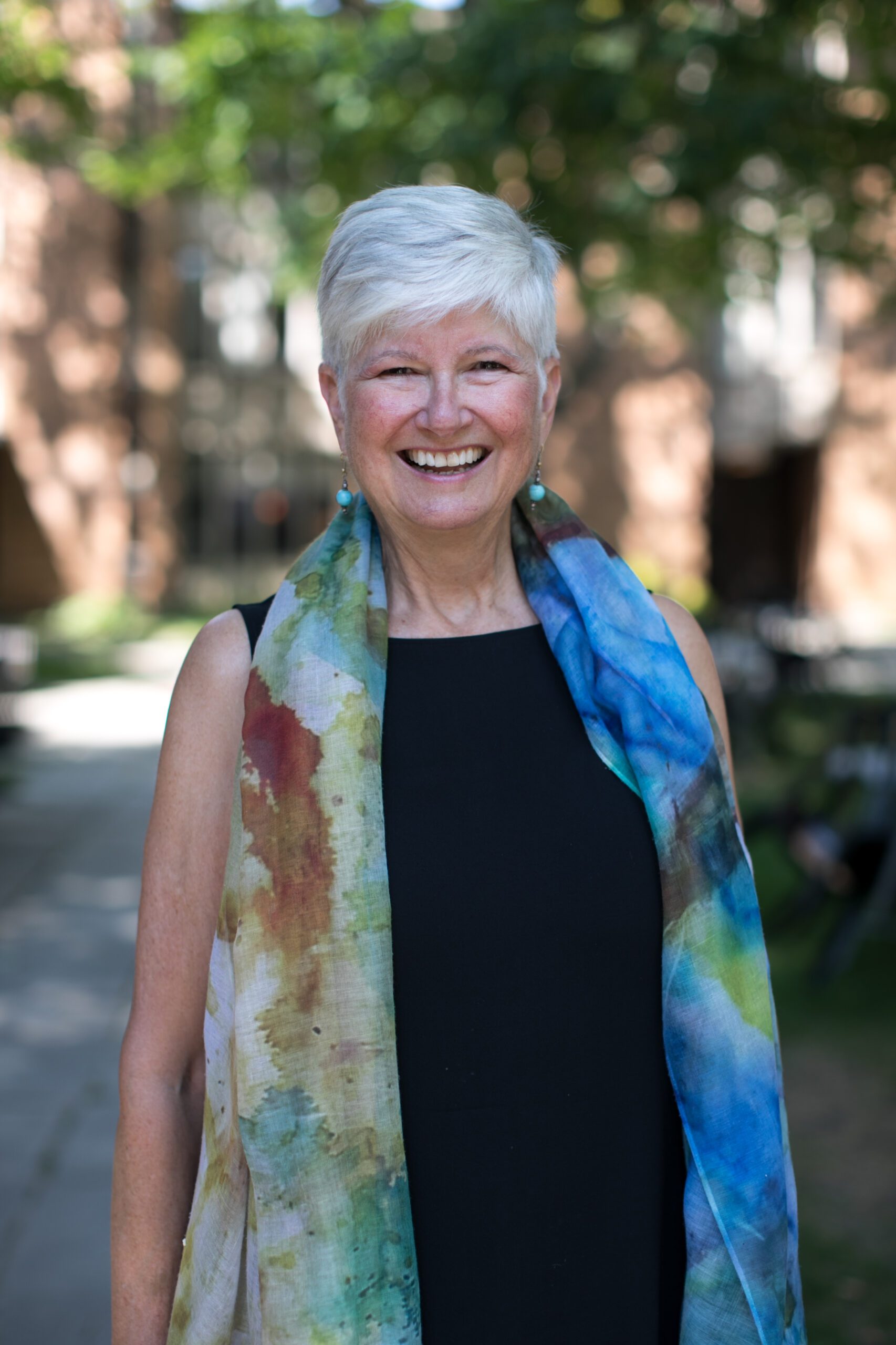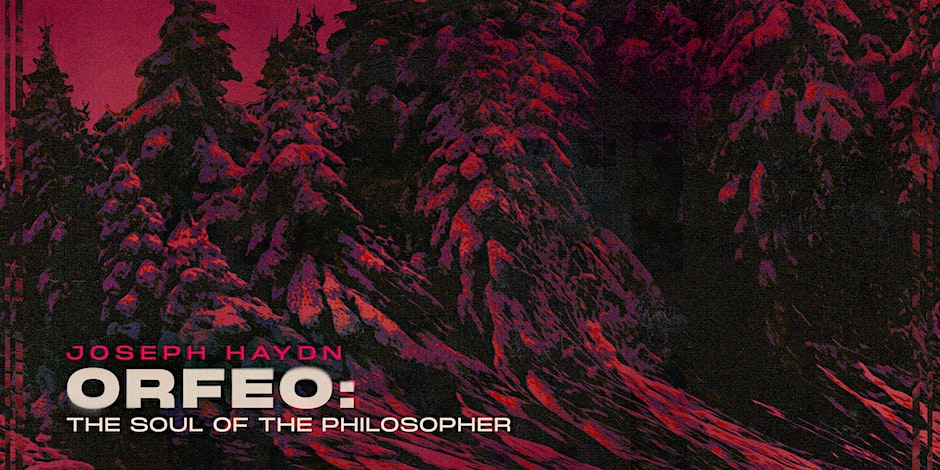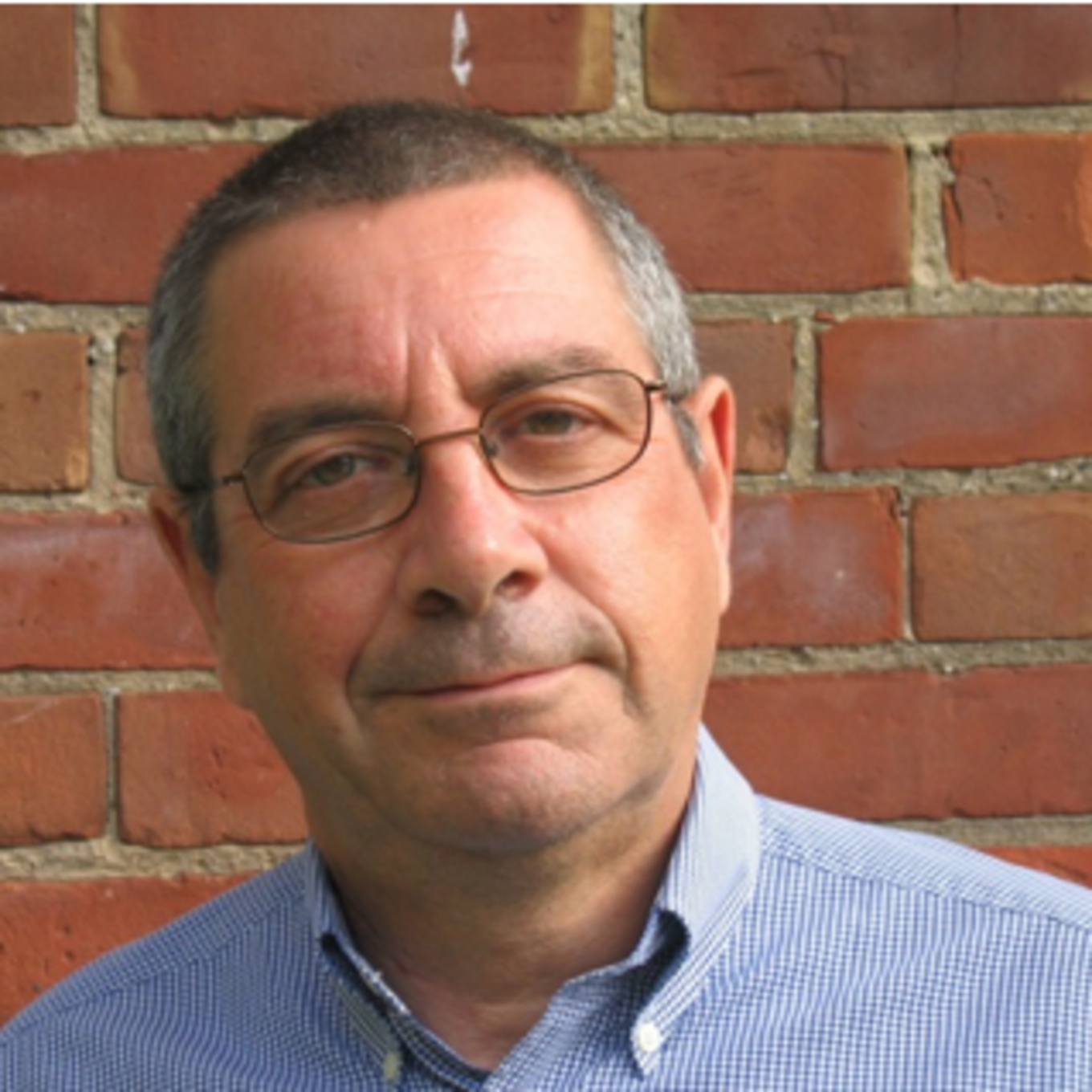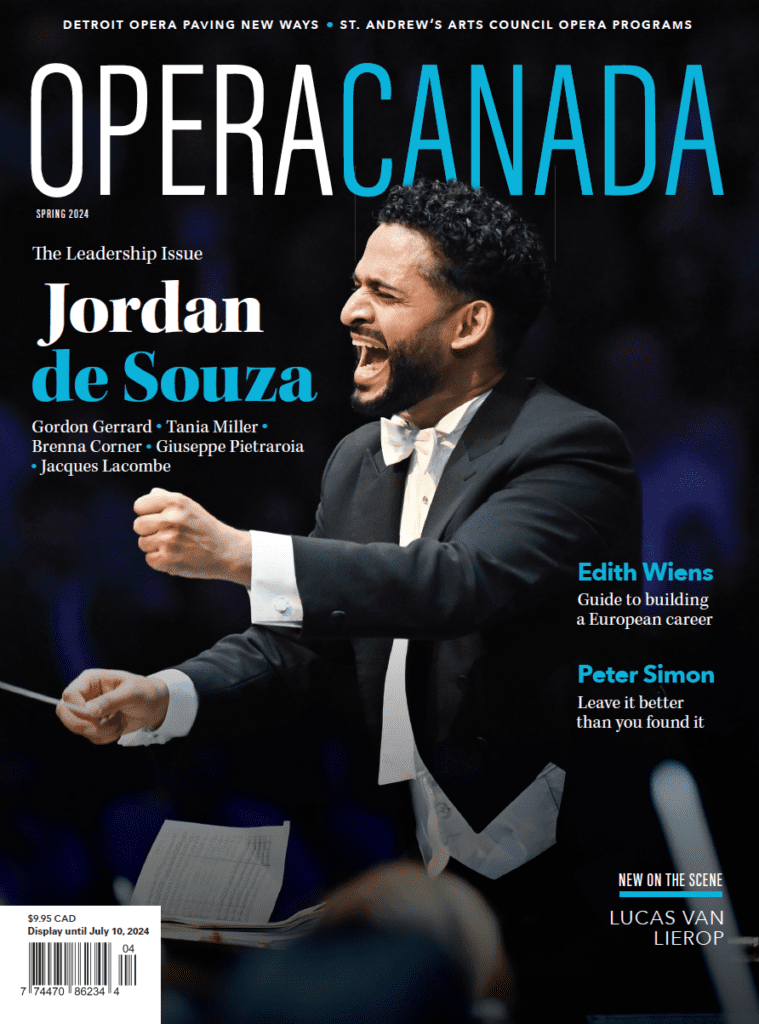The Orpheus myth has played a prominent role in opera history, from Monteverdi’s Orfeo of 1607, the oldest opera still in the repertoire, right up to American composer Matthew Aucoin’s reworking of the myth in Eurydice, first staged in Los Angeles in 2020, then seen around the world in 2021 through the Live in HD program of New York’s Metropolitan Opera. There have been dozens of operatic takes on the myth in between, most now forgotten, though a few—Gluck’s Orfeo ed Euridice, Offenbach’s Orphée aux enfers—remain central to the opera and operetta repertoire.
If you’re in the Toronto area at the end of May, there’s an opportunity to see one of the rarer takes on the myth with the North American staged premiere of Joseph Haydn’s L’anima del filosofo, ossia Orfeo ed Euridice (The Soul of the Philosopher or Orpheus and Eurydice).
Two performances are scheduled at the University of Toronto Faculty of Music’s MacMillan Theatre on May 26 and May 27, both starting at 7:30 pm. Tickets are available at no cost, but pre-registration is required ⮕ CLICK HERE TO REGISTER.
On the morning of May 27, there’s also a symposium, Resurrecting Haydn’s Orfeo, featuring a trio of 18th-century music specialists and a panel of artists from the production. The symposium, which runs from 10 am to 1 pm in the U of T Faculty of Music’s Walter Hall, is also freely open to the public. Pre-registration is requested ⮕ CLICK HERE TO REGISTER.
The project is the brainchild of U of T musicologist and Haydn scholar Caryl Clark (also a speaker at the symposium), who has forged an impressive musical alliance to bring Haydn’s last opera to a North American stage. The project is a joint venture between UofT and Montreal’s McGill University, with the McGill Baroque Orchestra in the pit conducted by McGill musicologist and performer Dorian Bandy. Toronto-based Tafelmusik conductor and chorus director Ivars Taurins leads the chorus (which plays a significant role in Haydn’s opera) and Uruguayan-born, New York-based director Nico Krell comes to Toronto to stage the work.
Casting of the principal roles includes a quartet of up-and-coming talents—tenor Asitha Tennekoon (Orfeo), soprano Lindsay McIntyre (Euridice), bass Parker Clements (her father, Creonte) and soprano Maeve Palmer (Genio, Orfeo’s guide in the underworld).
Haydn’s opera has a curious history. Written as part of a set of commissions for London, it was banned on the eve of its 1791 premiere to inaugurate the city’s rebuilt Haymarket Theatre. The circumstances of its fate are still not clear, though explanations have ranged from petty theatrical rivalries within the British royal family to more serious political concerns in the country’s conservative establishment that the opera’s libretto skirted too closely with more liberal Enlightenment ideals. For whatever reason, the opera was never performed in its entirety in Haydn’s time and subsequently considered “lost” until manuscript copies were pieced together by the Haydn Society after World War II. It finally had its premiere in Florence in 1951, with Maria Callas as Eurydice. It has been remounted only intermittently, though as a vehicle for other renowned voices; Australian soprano Joan Sutherland toured the piece in the 1960s, and Italian Cecilia Bartoli championed it around the turn of the century. (Both the Sutherland and Bartoli performances are on disc and YouTube, but, sadly, not the Callas.)
It’s intriguing that such singers have pursued such an obscure work. Haydn is mainly known today as an instrumental composer, so this presentation of L’anima del filosofo, together with the symposium, promises a dramatic deep dive into a major composition for voice written at the height of the composer’s powers.
Opera Canada depends on the generous contributions of its supporters to bring readers outstanding, in-depth coverage of opera in Canada and beyond.
Please consider subscribing or donating today.

Caryl Clark, U of T Musicologist and Haydn Scholar
What can attendees expect to learn at the corresponding symposium on May 27?
Caryl Clark: Along with colleagues from Northeastern University and Brown University, we will discuss the intellectual context for the opera and the process of mounting this production—and students from both U of T and McGill will present their experiences of preparing the opera for public performance.
Opera and politics are inextricably intertwined. Music, art and literature have the power to shape the thoughts and minds of listeners, readers and audiences, so governments and politicians are particularly sensitive to the potential of theatrical representation and other forms of artistic expression to destabilize society and undermine government authority. Indeed, Haydn’s Orfeo was to have premiered a few months after the statesman Edmund Burke penned his Reflections on the Revolution in France in 1790. There are many historical precedents for banning works of art deemed too politically sensitive for their times. Our production focuses on the extinguishing of Enlightenment values and delivers a powerful contemporary environmental message by staging “nature’s revenge.”
*the above text is from U of T News







